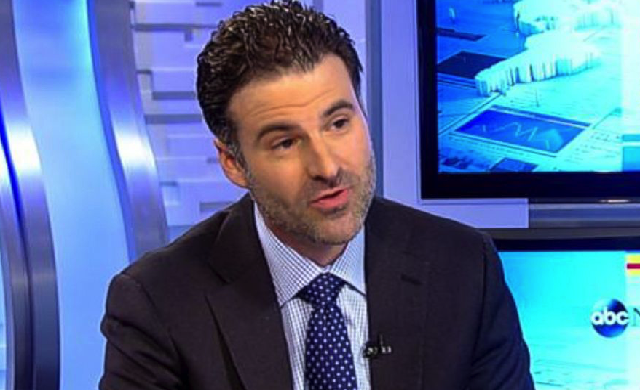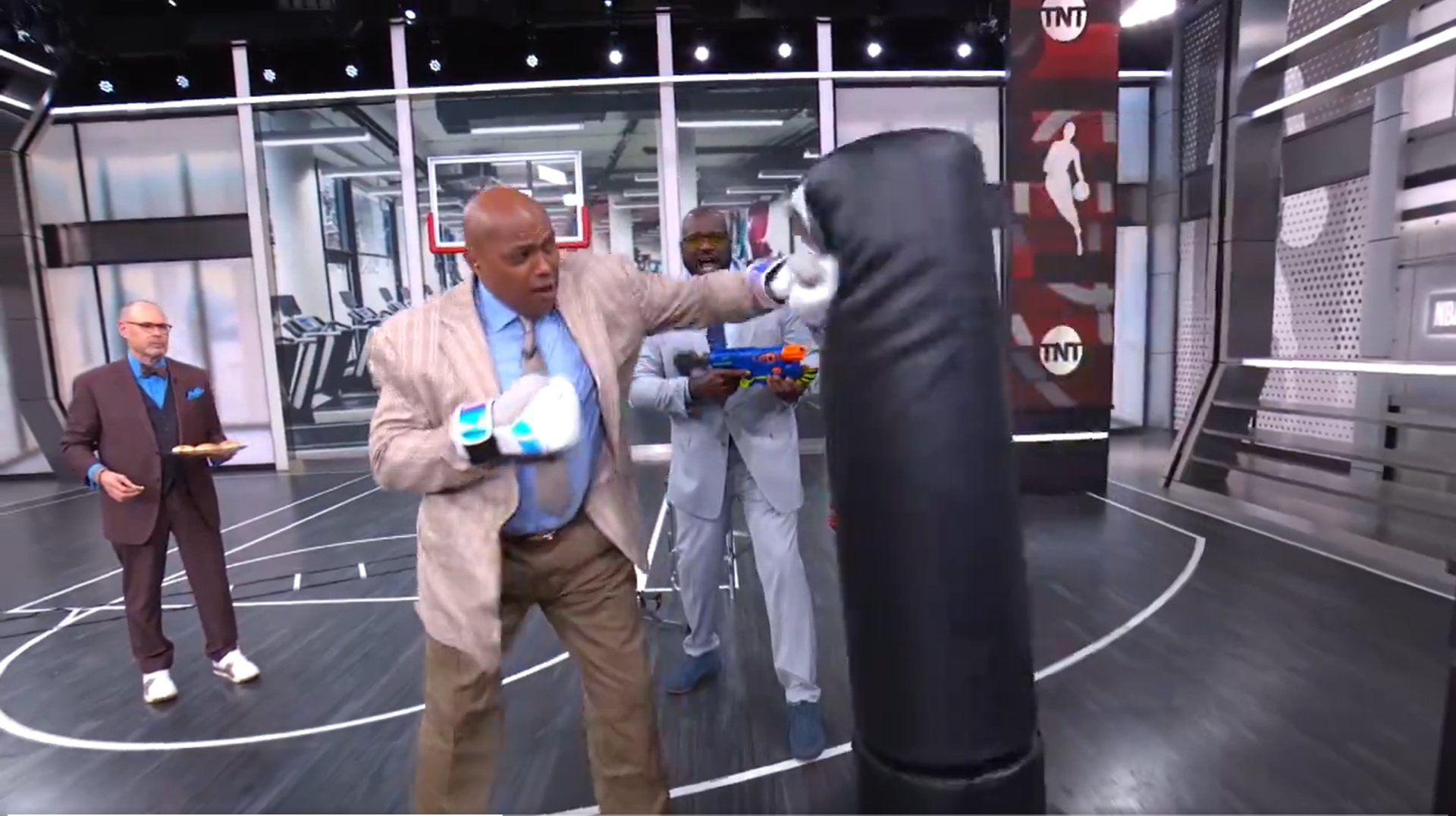ESPN’s Darren Rovell is an expert, albeit a polarizing one, in sports business and marketing, but seeking career advice in media from him is probably not the way to go for aspiring writers looking to get their break in the industry.
On Friday, Rovell tweeted an observation on the Chicago Sun-Times using a wire service for a Northwestern game story, rather than a more local viewpoint that may have added some insight and color to the article.
The Chicago Sun Times has a wire story on Northwestern basketball for a home game? Here's an idea: Ask a student. They'll write for free.
— Darren Rovell (@darrenrovell) January 27, 2017
That’s not necessarily terrible advice for a student looking to get a byline with an established media outlet while still in school. (It’s good advice for a publication like the Sun-Times as well.) But Rovell didn’t just leave it there, following up instead with more tweets on the idea of writing for free to get a foot in with the sports media industry.
Giving something away for free, working for free at some point as you try to make it in the industry, is some of the strongest advice I got.
— Darren Rovell (@darrenrovell) January 27, 2017
Fastest way to a job today is to provide a team, a player, an agency, great work unsolicited and for free. Great way to be noticed.
— Darren Rovell (@darrenrovell) January 27, 2017
Other piece of advice: Send everything you want a potential employer to see in a box. No one throws away a box without opening it.
— Darren Rovell (@darrenrovell) January 27, 2017
It's hard enough to get paid to work in sports. You have to prove value more than ever. Foot in the door often comes by working for free.
— Darren Rovell (@darrenrovell) January 27, 2017
The latest
As a result, students may take different internships or a paying summer job outside of their industry because they need to earn money. Upon graduating, some who might have ended up being very good writers end up in advertising or public relations, or another profession that has nothing to do with writing. Some might walk away because of this. Others may become part-time hobbyists who can’t find the audience they should. Media — print, online and broadcast — suffers greatly because of this.
On one hand, Rovell’s tweets point out the harsh reality of the sports media industry. Offering your services for free might be the only way to attract attention or get a break. But outlets and publications that can afford to pay writers should provide compensation. To encourage writers to ignore that and hurt their own value is bad advice that emboldens a fractured dynamic. Media outlets surely applaud the career counseling Rovell provided.
On the other side, Rovell giving this advice has opened the door for a discussion that needs to take place frequently. And by posting those tweets, he’s provided a forum for many views on a complex circumstance. There’s a good chance that a writer whose work you read, whose career you follow has worked for free at some point. That’s a tough choice a writer has to make, especially early on. But there’s a difference between offering to work for an outlet that can afford to pay for content and someone creating his or her own platform for their work, demonstrating an ability to write in addition to other talents, such as audio and video, Photoshop or an understanding of social media.
However, at some point, a writer does have to decide how much value his or her work has and draw a line. For someone in Rovell’s position to say that someone should automatically offer work for free and accept that this is how the industry operates is an unfortunate missed opportunity. Why not take the time to acknowledge a system that often takes advantage of aspiring talent or explain why this is how media works, instead of sending a message that many editors and corporate outlets are more than happy to encourage?
Perhaps that’s a product of Rovell offering the advice on Twitter, where thoughtful, nuanced discussion is unlikely to take place. Fortunately, the many, many writers and editors who have responded to those tweets started a conversation that does offer some insight to those looking to break into — or even stay in — sports media. Hopefully, those who read Rovell’s tweets also take the time to scroll through the responses, many of them from people who have knowledge to share and good advice to offer.








Comments are closed.